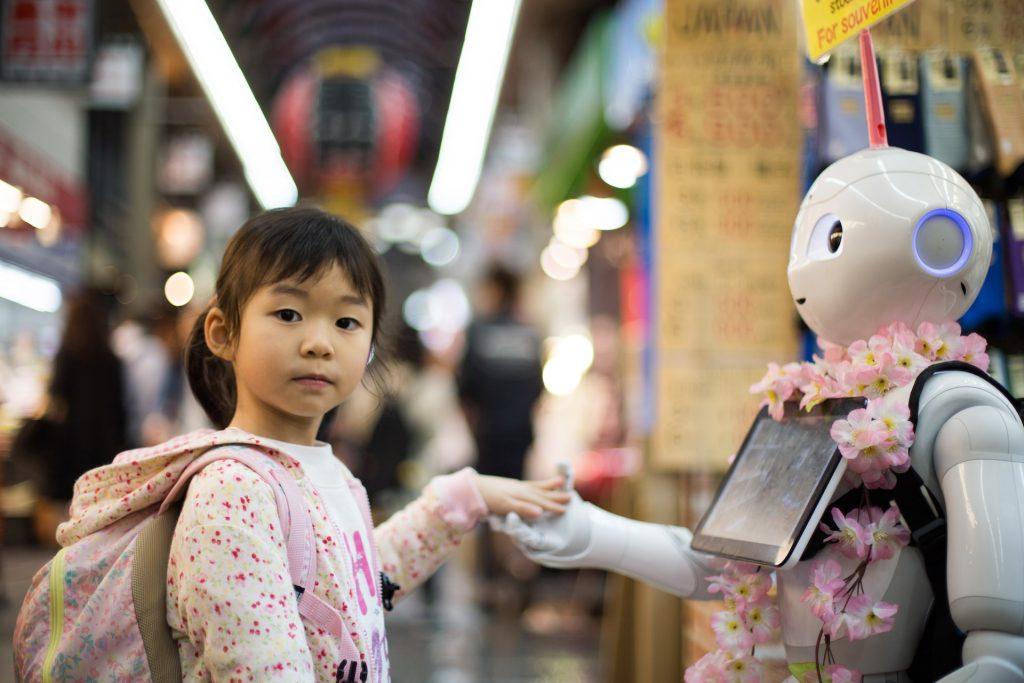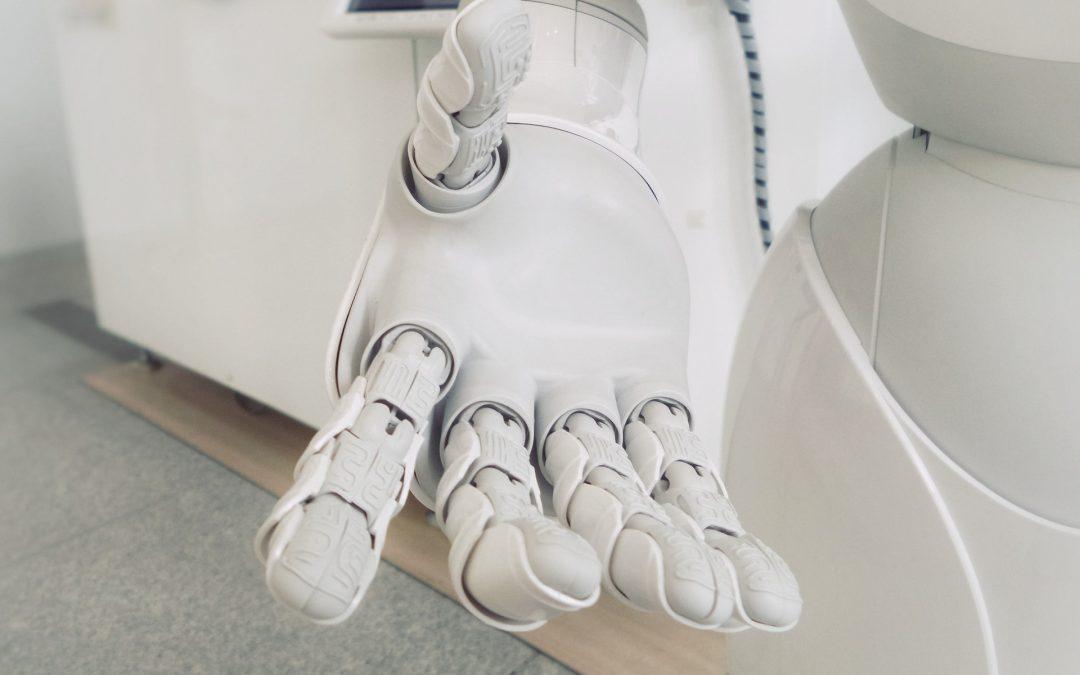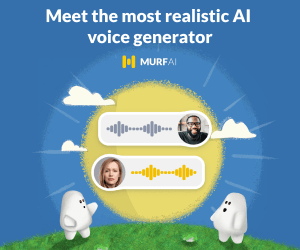What does Strong AI Mean Related to Artificial Intelligence?

Strong AI, also known as artificial general intelligence (AGI), is a hypothetical type of artificial intelligence that would have the ability to perform any intellectual task that a human being can. This includes tasks that require common sense, reasoning, and creativity. Strong AI is able to learn new skills on their own, and program itself accordingly.
Eventually strong AI will be able to perform any human task, and eventually, this deep self-learning will allow it to do them more efficiently than any human. Strong AI is still a theoretical concept, but there are a number of capabilities that it is expected to have in the future.
These capabilities could include:
- Learning and adapting: Strong AI would be able to learn from its experiences and adapt to new situations. This would allow it to improve its performance and efficiency over time.
- Problem-solving: Strong AI would be able to solve complex problems that are beyond the capabilities of current AI systems. This would allow it to make significant contributions to fields such as science, engineering, and medicine.
- Self-Creativity: Strong AI would be able to generate creative ideas and solutions. This would allow it to produce new and innovative products and services.
- Self-awareness: Strong AI would be able to understand its own existence and capabilities. This would allow it to make decisions about its own goals and actions.
- Social intelligence: Strong AI would be able to understand and interact with humans in a meaningful way. This would allow it to collaborate with humans on complex tasks and projects.
The development of strong AI is a major goal of artificial intelligence research. However, there are a number of challenges that need to be overcome before strong AI can be achieved.
These challenges in strong AI include:
Understanding the human brain: In order to create strong AI, it is necessary to understand how the human brain works. This is a complex and challenging task, and there is still much that we do not know about the brain.
Creating a large enough dataset: Strong AI would need to be trained on a massive dataset of data. This data would need to be representative of the real world, and it would need to be carefully curated.
Avoiding bias: Strong AI systems could be biased if they are trained on data that is biased. This is a serious problem that needs to be addressed before strong AI can be deployed in the real world.
Despite the challenges, the development of strong AI is a promising field of research all over the world. Strong AI has the potential to revolutionize many aspects of our lives, and it could help us to solve some of the world’s most pressing problems.
There are already many concerns about the power of strong AI in the fact that being able to think like a human it could end up being deceiving and destructive to human life. Many people already fear that current AI in manufacturing and other fields are taking t over their jobs making them redundant and unable to earn a living.
There needs to be a set of ethics where it concerns developments of strong AI as a self-learning AI could end up deeming humans as insignificant and weak, and this could end up in catastrophe.
In Summarizing Strong AI
Strong AI, also known as artificial general intelligence (AGI) or artificial superintelligence (ASI), is a theoretical form of artificial intelligence that would have the ability to perform any intellectual task that a human being can. This includes tasks that require common sense, creativity, and problem-solving skills.
Strong AI is still a long way off, but there has been significant progress in recent years. Deep learning algorithms have been able to achieve superhuman performance on tasks such as image recognition and natural language processing. However, these algorithms are still narrow in their capabilities, and they cannot yet perform the full range of tasks that humans can.
There are many challenges that need to be overcome before strong AI can be achieved. One challenge is that we do not yet fully understand how the human brain works. Another challenge is that we need to develop algorithms that are able to learn and generalize in a way that is similar to how humans learn.
Despite the challenges, there is a growing optimism that strong AI is within reach. Some experts believe that it could be achieved within the next few decades. Others believe that it will take much longer, or that it may never be possible.
The development of strong AI would have a profound impact on society. It could lead to new technologies that improve our lives in many ways. However, it could also pose some risks, such as the possibility of job displacement or the misuse of AI for malicious purposes.
It is important to start thinking about the implications of strong AI now, so that we can be prepared for its potential impact. We need to develop ethical guidelines for the development and use of AI, and we need to invest in research that will help us to mitigate the risks.
Here are some of the potential benefits of strong AI:
- Improved healthcare: AI could be used to develop new medical treatments, diagnose diseases more accurately, and provide personalized care.
- Increased productivity: AI could be used to automate tasks in the workplace, freeing up humans to focus on more creative and strategic work.
- Enhanced creativity: AI could be used to generate new ideas and solutions, helping us to solve complex problems.
- Improved decision-making: AI could be used to analyze large amounts of data and make better decisions, such as in financial trading or disaster management.
Here are some of the potential risks of strong AI:
- Job displacement: AI could automate many jobs, leading to widespread unemployment.
- Misuse of AI for malicious purposes: AI could be used to create autonomous weapons systems, spread disinformation, or commit identity theft.
- Loss of control: If AI becomes too powerful, humans may lose control of it, leading to unintended consequences.
It is important to weigh the potential benefits and risks of strong AI before we decide how to develop and use it. We need to make sure that AI is used for good, and that it does not pose a threat to humanity.
The development of strong AI is a complex and challenging task, but it is one that is worth pursuing. AI has the potential to make our lives better in many ways, but it is important to be aware of the risks and to take steps to mitigate them.
Browse some intelligent Artificial Intelligence tools here



Trackbacks/Pingbacks